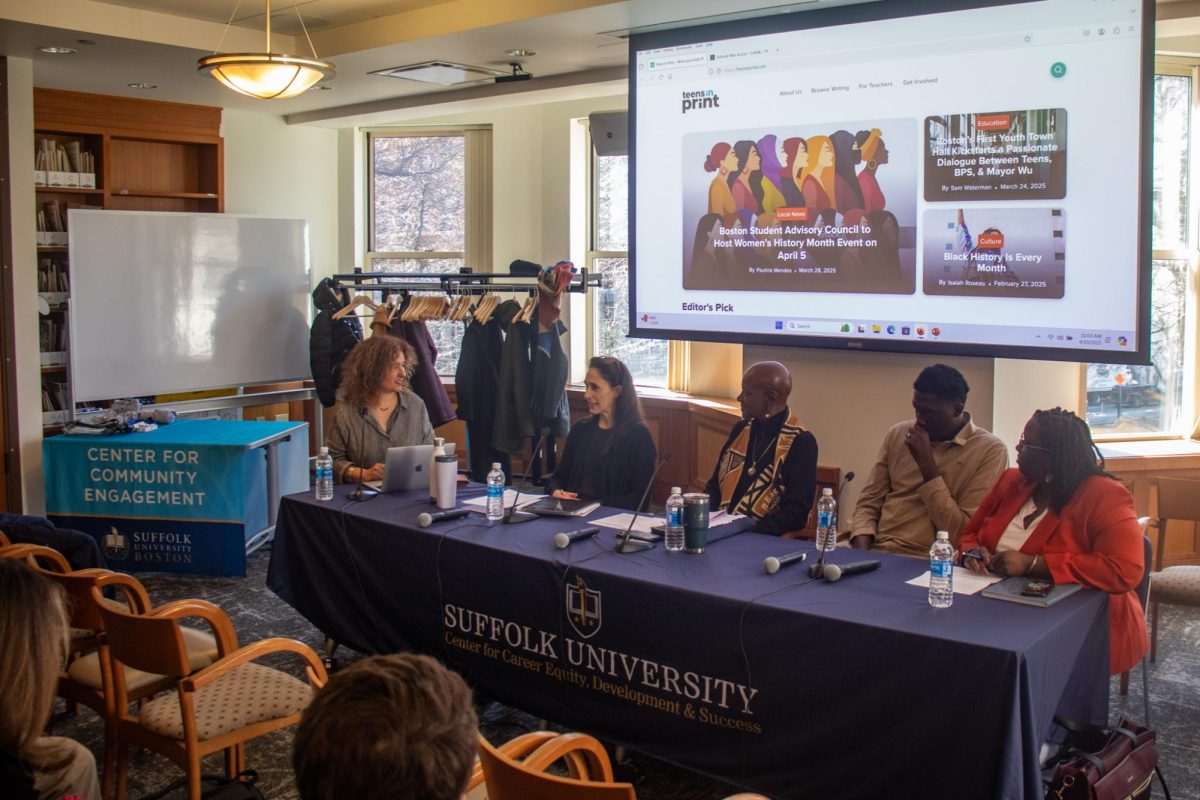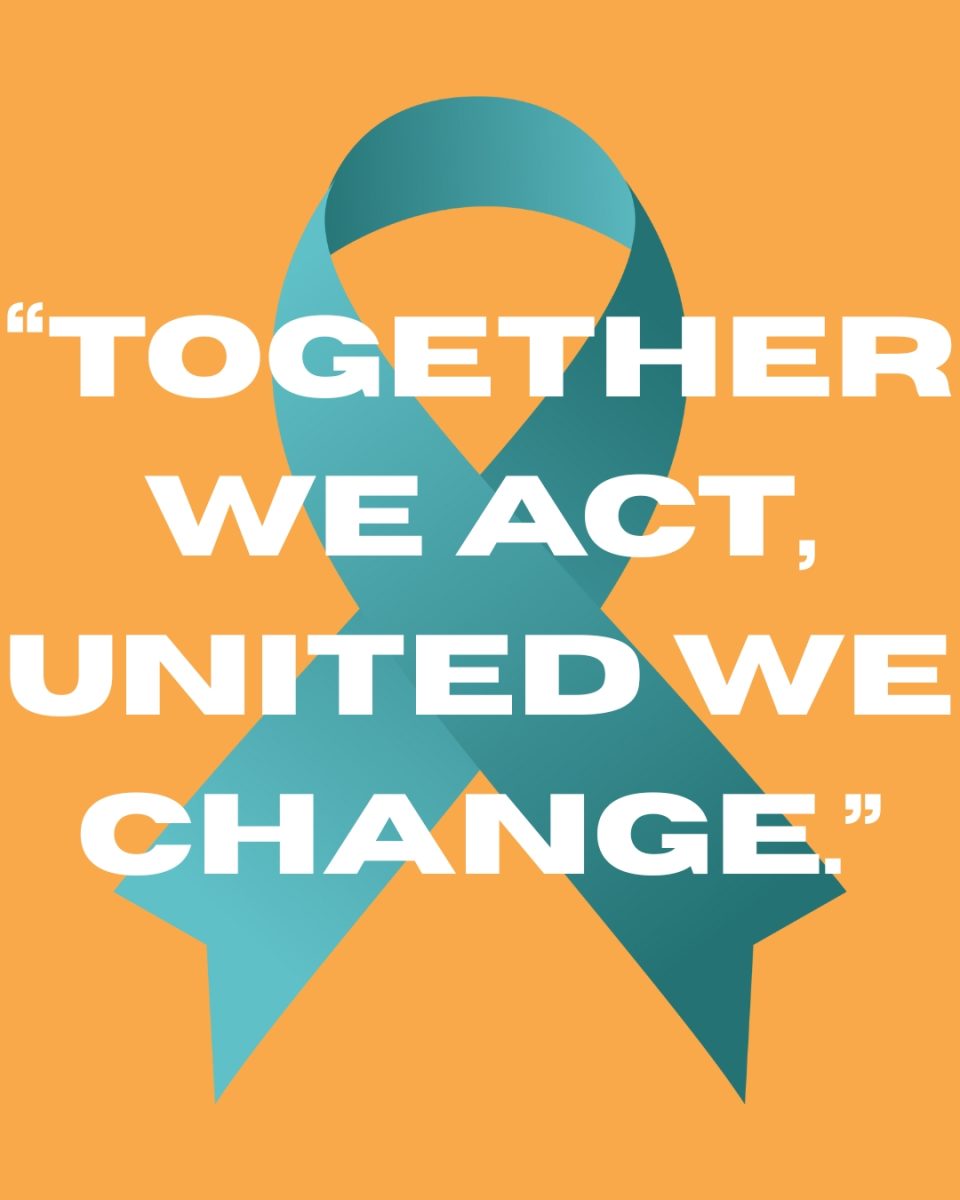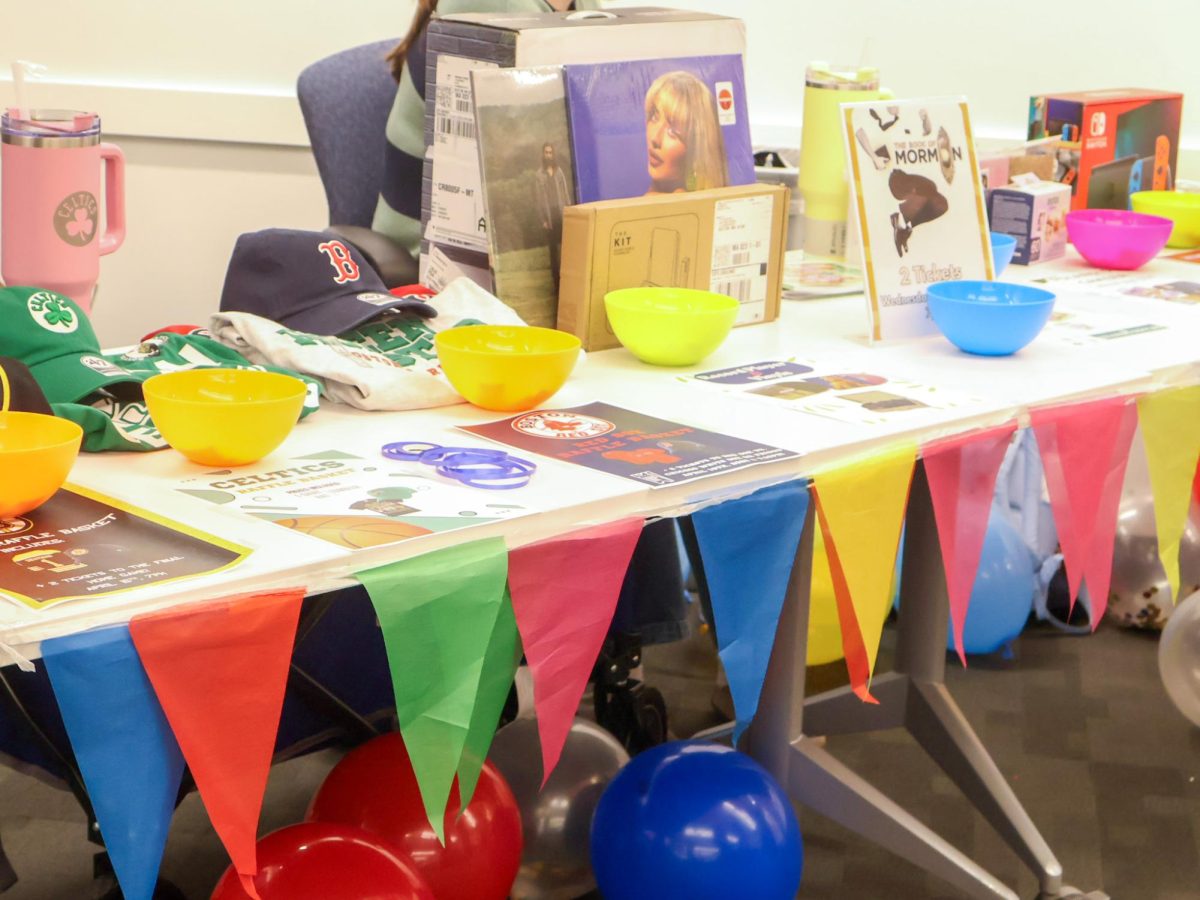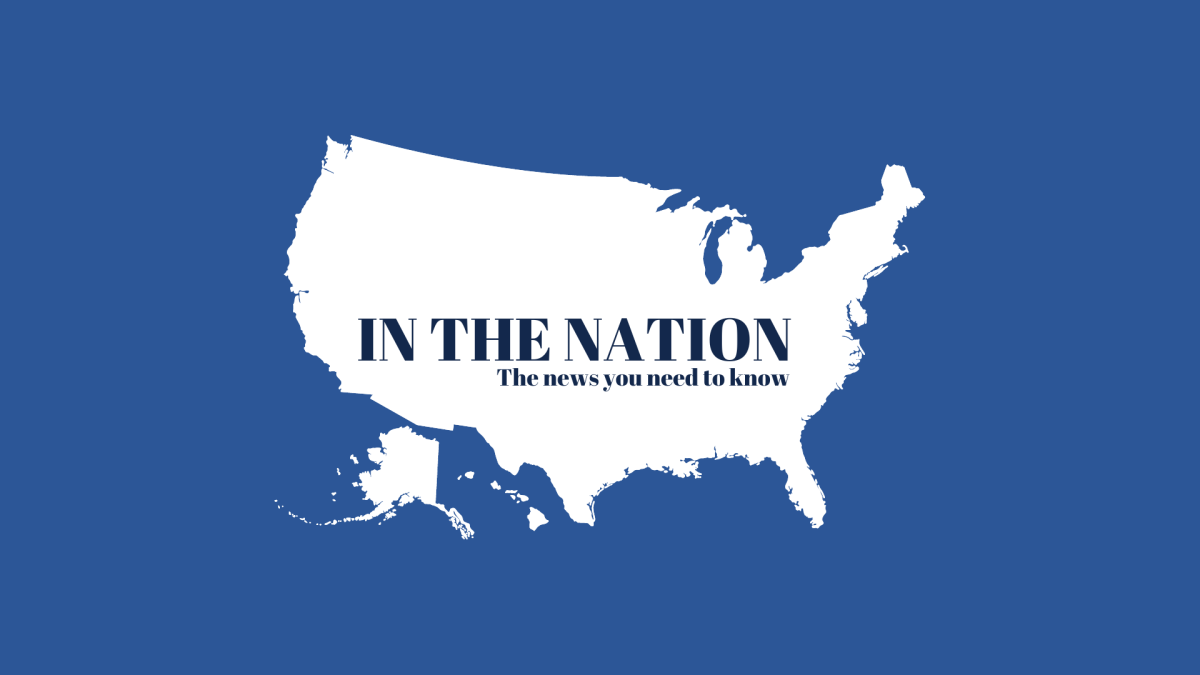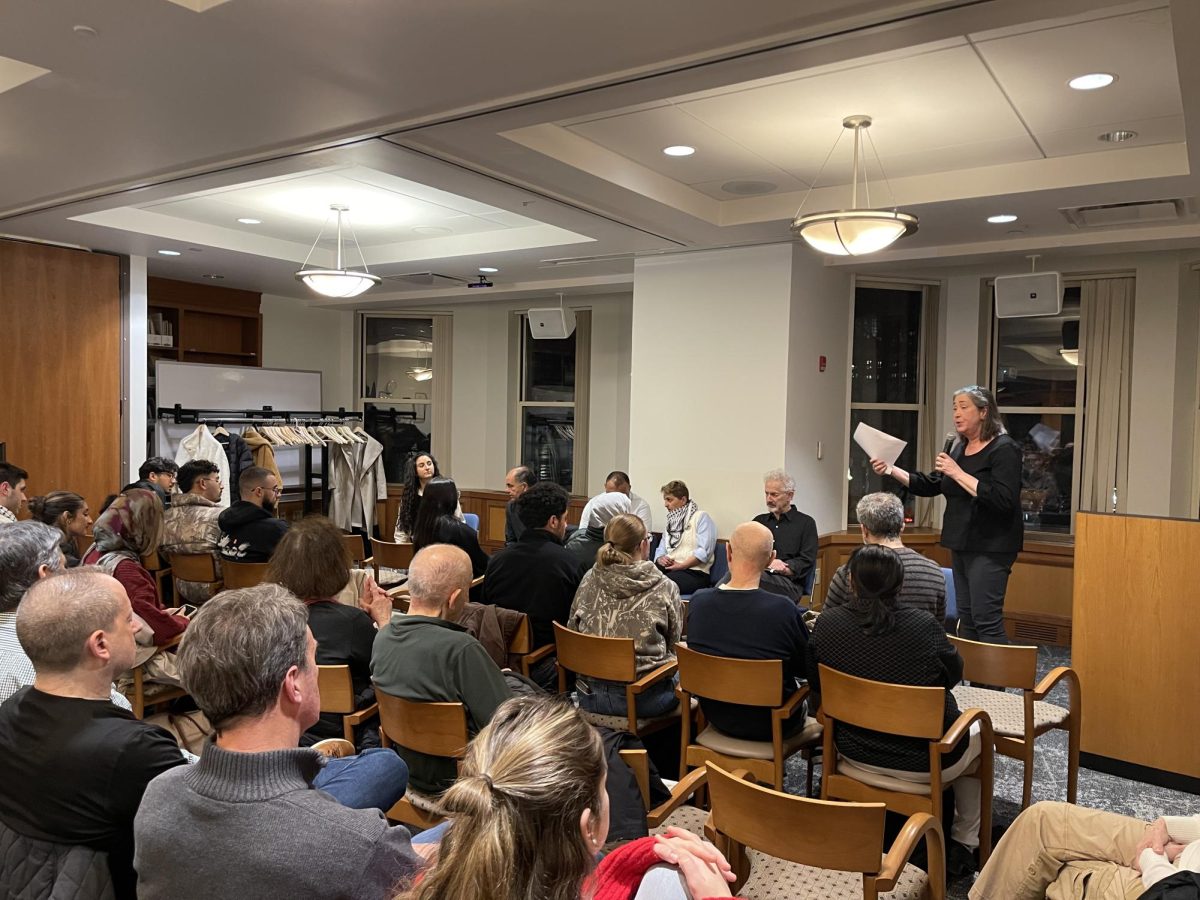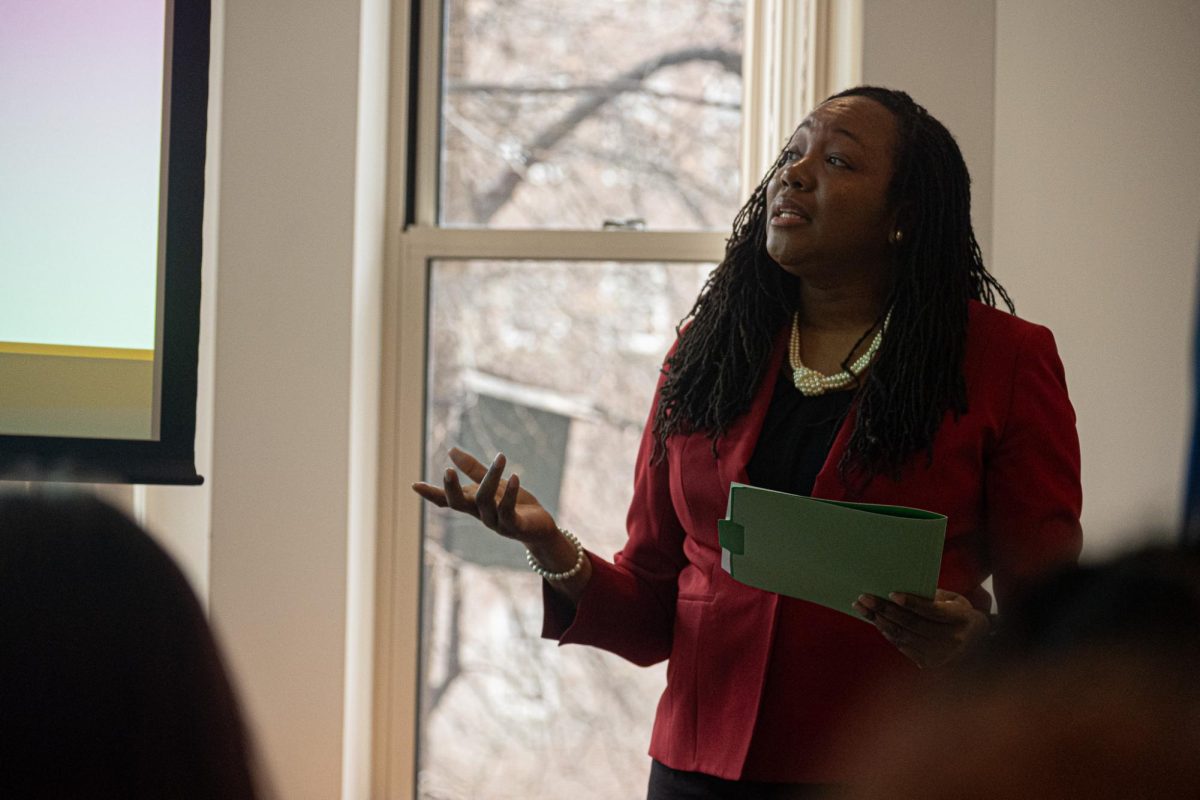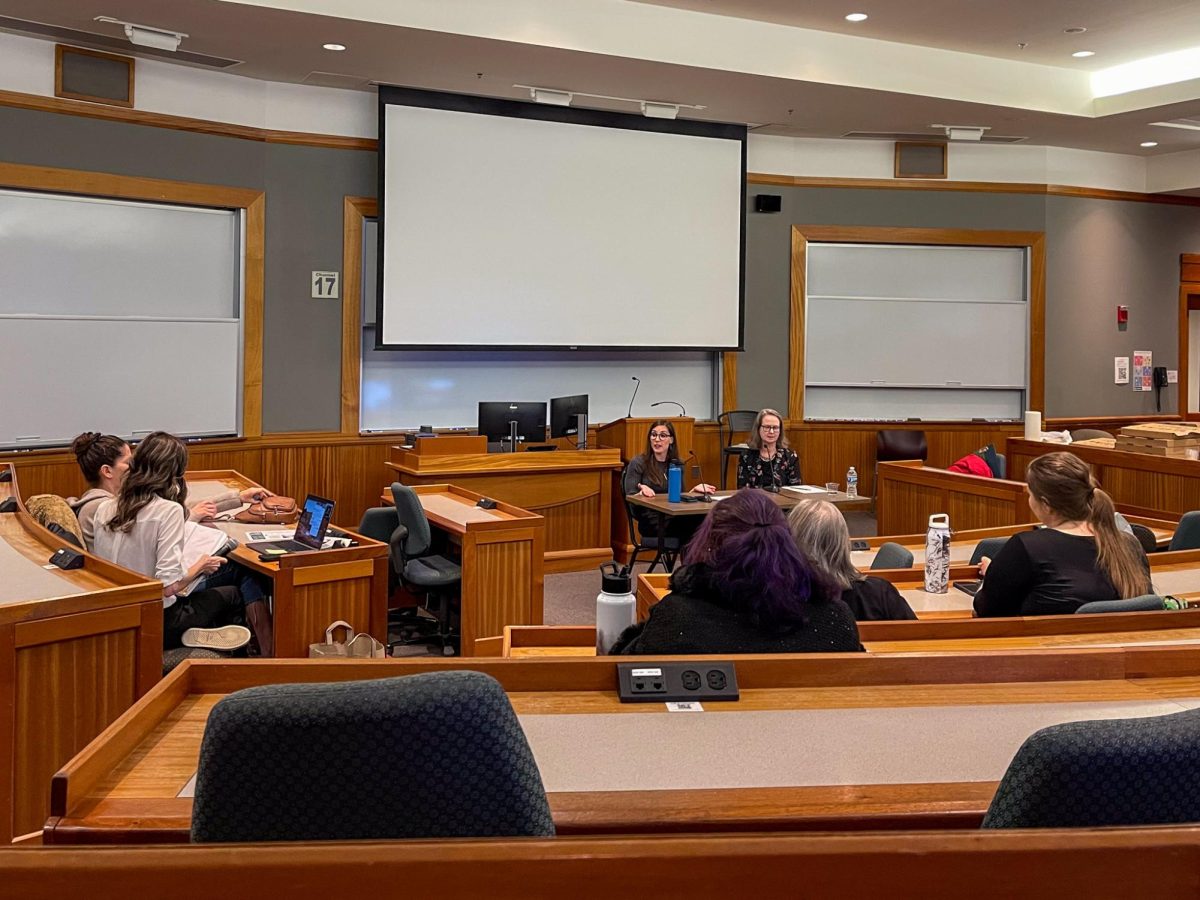In an attempt to promote dialogue among students and professors on the topic of justice, the sociology department at Suffolk University hosted a panel discussion: “Schools, Advocacy and Racial Justice.” The discussion was hosted by sociology professor, Elizabeth Robinson and the panel consisted of Caitlin Dimino, the assistant director at the center for restorative justice at Suffolk, Stacy Daniel, a first year law student and former president of the Black Student Union at Suffolk University and Otheo De Castro, the Massachusetts regional organizer for the Scholars Strategy Network.
While advocating for justice within the community made up the majority of the panel, Robinson believes that schools play a major factor in. According to Robinson, “You cannot separate schools from their communities. Schools exist within the communities. If there’s violence in communities it impacts schools, if there’s violence in schools it impacts communities.”
All three panelists have been heavily involved in advocacy in the community and in inner-city schools and colleges. The center for restorative justice, which Dimino is the associate director of, hosts and participates in several events that look to analyze several ways for applying restorative justice. Dr. Carolyn Boyes-Watson defines restorative justice as a term that encompasses a growing social movement to institutionalize peaceful approaches to harm, problem-solving and violations of legal and human rights. The goal of the center for restorative justice is “to support the growth of restorative justice practices in schools, organizations and communities in a way that is sustainable and in a way that [people] can take on for themselves whether that is providing training, technical assistance or both” said Dimino. Dimino’s background in peace building has allowed her to make great strides in the area of restorative justice making her an effective trainer at the center’s various events.
One preferred method of restorative justice used by Dimino is “circle process.” “Circle process is a way to open up discussion and allow people to speak on different issues with a set of pre-thought questions that will allow for discussion” according to an individual in the audience who works with Dimino. This form of safe space environment is designed to promote dialogue amongst people with concerns in an area they will feel free from any judgement or harm.
While Daniel is currently focusing on her law studies, she is very well known on campus for the two years she spent as president of the Black Students Union at Suffolk. During her time as president, Daniel worked very closely with the student affairs deans on a variety of issues that revolved around racial justice for students of color and marginalized students. Some of the goals of the Black Students Union during her presidency were “holding faculty accountable for certain things happening in the classroom, offering safe spaces for students…and providing more support for students of color,” said Daniel.
Daniel’s presence as an undergraduate student at Suffolk University and her work as president of the Black Student Union has made quite an impact and truly resonates in some students.“We have never met face to face but I want you to know that your legacy and the change that you made here is very much so alive. I wanted to know your take on strategies…that helped you have conversations with people in power in this school” said a student in the audience.
One of the major issues that surround the school-to-prison pipeline is the rate at which students in urban areas are suspended and expelled compared to students in suburban schools.“Do not give up and keep challenging these discriminatory practices. Go directly to the source, those who hold the most power to demand for them to listen to you. Gather a group of like-minded students and take on the fight collectively. There is so much power in many voices” Said Daniel in an interview.
Raised in a “poor, working class” area of Brooklyn, N.Y. De Castro has first-hand experience on what goes on in urban schools. She tested into a specialized school for higher learning while her friends “were walking through metal detectors and dogs.” De Castro said it was her goal to make sure people do not have to grow up the same way as she did and have to go to school the same way as her friends did. The goal of the Scholars Network however, is to connect their group of researchers and professors with legislators and civic groups to help campaigns.
De Castro knows the negative effects that come along with harsher punishments for urban students and multiple resource officers in schools.
“I think that they do a disservice to their students because it creates a hostile environment that inhibits learning,” said De Castro.
However, when it comes to combating these types of discriminatory practices, “my advice always is to organize other people who care about the issues that you really care about. It is important to understand the ways in which power and privilege work and to understand how decisions are made and executed” said Dec Castro.







